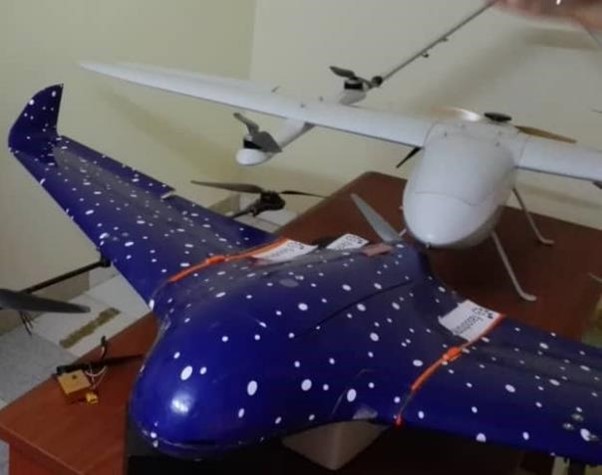Disclaimer:
Please be aware that the content herein has not been peer reviewed. It consists of personal reflections, insights, and learnings of the contributor(s). It may not be exhaustive, nor does it aim to be authoritative knowledge.
DESCRIPTION DE LA SOLUTION : Le drone dénommé « Hawk » est fabriqué au Burkina Faso en vue d’aider à la prise de décision pour une agriculture de précision. Ce drone permet de collecter des images des cultures et de les traiter afin d’identifier d’éventuels problèmes rencontrées par les plantes et ce, en collaboration avec les ingénieurs agricoles.
CARACTERES INNOVANTS : L’innovation du système est qu’il aide le producteur dans l’optimisation de l’utilisation des ressources naturelles et des intrants. Le système estime pour le producteur la quantité d’intrants nécessaire qu’il faut par endroit de son exploitation ainsi que pour l’ensemble, et cela en fonction des spéculations qui sont produites. Le système fournit également au producteur avec précision les endroits et les ressources naturelles de l’exploitation dont il peut se servir pour de meilleures productions et productivités. Les résultats sont quasi disponibles vingt à trente fois plus rapidement que par les méthodes classiques.
PROMOTEUR : Faso Drone/Dr [REDACTED], ingénierie aéronautique, spatiale et intelligence artificielle
PROBLEME ADRESSE : Faible productivité agricole
IMPACT : Augmenter la production agricole


 2Zero hunger
2Zero hunger 12Responsible consumption and production
12Responsible consumption and production 13Climate action
13Climate action
Comments
Log in to add a comment or reply.